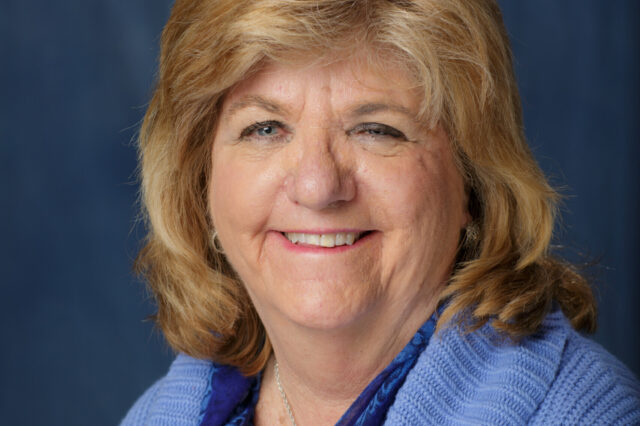Researcher funded to connect underserved patients with autism and families to support systems

A University of Florida College of Nursing researcher has received an additional round of funding to continue to forge a much-needed bridge between patients who have autism and their families with professionals who can provide them with support and information.
Jennifer Elder, Ph.D., R.N., a professor in the UF College of Nursing, part of UF Health, received a Tier III Pipeline to Proposal award from the Patient-Centered Outcomes Research Institute, or PCORI, to build collaborations that further autism research for underserved families. Tier III awards fund the development of high-quality research proposals that can be submitted for PCORI funding.
“With the rising prevalence of autism spectrum disorders, demands of caregiving for these individuals place heavy burdens on families who must provide long-term care. This may prove difficult for families in poor and rural areas that may lack the resources to assess the most suitable interventions,” Elder said.
Elder’s study joins PCORI’s portfolio of 42 Tier III Pipeline to Proposal national awards funded in August. The pipeline awards provide seed money to individuals and groups who have the expertise and passion to participate in patient-centered outcomes research and to create partnerships within communities that lead to high-quality research proposals. Elder’s proposal was originally funded in Tier I and Tier II funding in 2015-16, and it was the first Pipeline to Proposal fund awarded at UF.
Elder is leading the 12-month, $50,000 research project at UF. Her project seeks to connect patients and families in underserved communities with clinicians, teachers and community members to identify interventions that are most effective for individuals with autism spectrum disorders.
Elder’s goal is to empower, expand and enhance the advisory and Community Autism Research Engagement groups that were developed in Tiers I and II to develop a fundable comparative effectiveness research proposal, which compares existing health care interventions to determine which ones work best for certain patients and which would create the greatest benefit and possible harm.
“Ultimately, the long-term goal for our research is to improve the quality of life for individuals with ASD by enhancing early diagnosis and implementing the most current evidence-based treatments,” Elder said.
PCORI is an independent, nonprofit organization authorized by Congress in 2010 to fund research that gives patients a better understanding of available prevention, treatment and care options. It was founded to advance the field of patient-centered comparative effectiveness research and provide patients with information that will help them make better-informed decisions about their care.